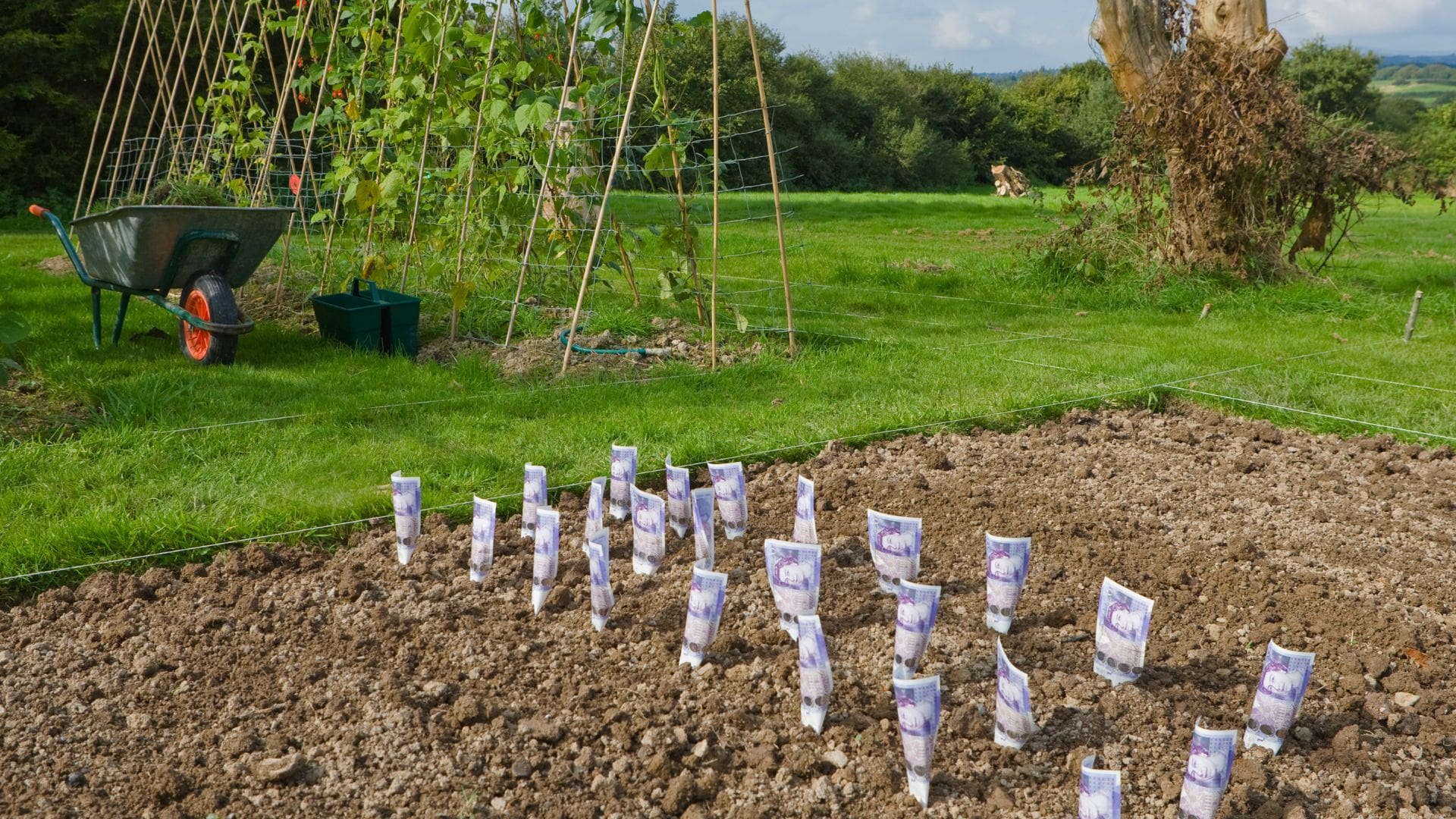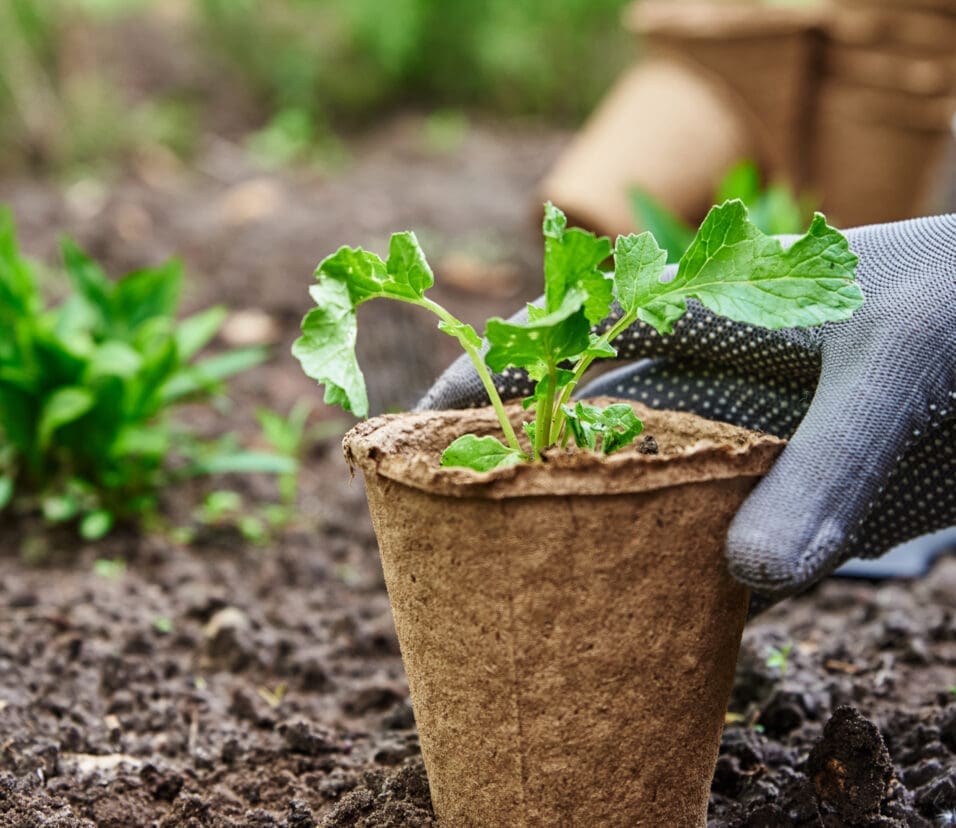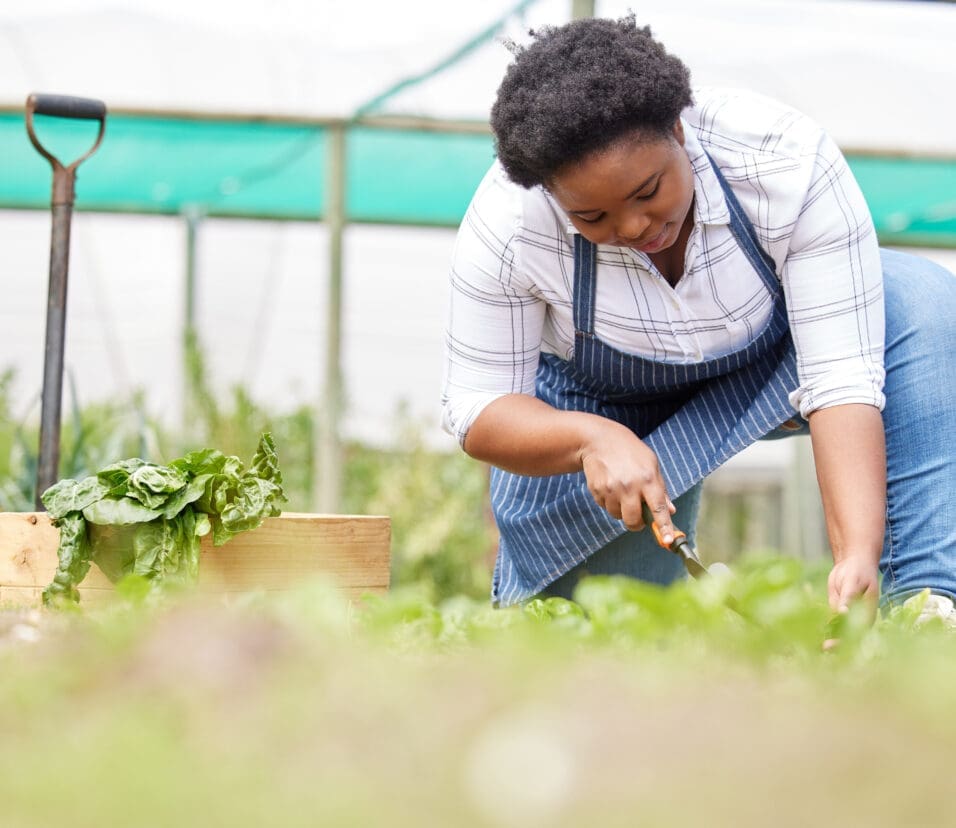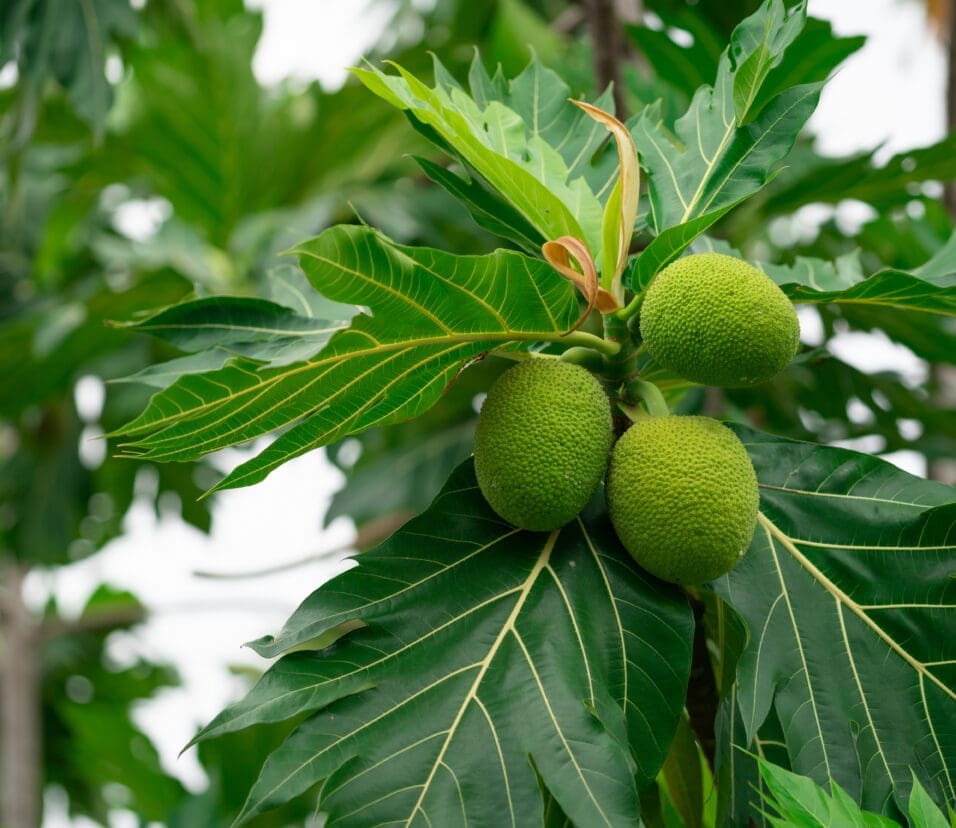Small Farming – The Whys and the Hows
As the Caribbean continues to grow in popularity, more and more people are looking for ways to invest in the tropical paradise.
One such investment is small farming. With land prices on the rise, it is a great way to get a piece of the Caribbean pie. Not only that, but with the right marketing and management strategies, small farming can be a very profitable business.
Here are just a few of the reasons why small farms are perfect investments:
- Ideal climate
The tropical climate of the Caribbean is ideal for farming. The warm temperatures and ample rainfall provide perfect conditions for crops to thrive, enabling farmers to grow multiple crops in a single year. This makes small farms very efficient and productive in business.
- Growing demand for fresh, local produce
As more and more people are becoming interested in eating healthy, locally-grown food, there is an increasing demand for fresh produce from small farms. Farmers who can meet this demand can command premium prices for their products. Also, with the growth of the tourist industry, there is an ever-growing market for this local produce.
- Environmentally friendly
Small farms have less of an impact on the environment than large industrial agricultural operations. They use less water and energy and generate less pollution. This makes them more sustainable businesses that are better suited to the fragile ecology of the island nations.
- Profitable
When managed correctly, small farms can be very profitable. With careful planning and marketing, farmers can maximise their production and profits while minimising their costs.
Tips for Starting your Small Farm
With its hilly interior and lush terrain, the Caribbean offers endless opportunities for those interested in start up farms. Here are a few tips to get you started.
- Know your Niche
The first step to starting any business is identifying your niche and target market. What are you growing or raising? Who will buy it? Getting specific about what you’re offering and who your customers are is essential to make your business succeed.
- Create a Business Plan
Creating a business plan is an essential step for any budding entrepreneur, and this is especially true if you’re looking to start your small farm. Your business plan will serve as a roadmap for your farm, outlining your goals, strategies, and financial projections. Don’t overlook this critical step – without a well-thought-out plan, you will increase your chances of failure.
- Find the Right Location
It’s imperative that you find the right location. You’ll want to consider factors like climate, terrain, and proximity to markets when choosing a location for your farm. The Caribbean is a large region with lots of diversity, therefore, it’s important to pick a spot that’s well-suited to the type of farming you want to do.
- Get the Right Documents in Order
Before starting, you’ll need to get all of the necessary documents in order. This includes business licences, permits, and insurance. Depending on the country you’re in, the requirements may vary, so it’s important to do your research and make sure you have everything you need before getting started.
- Invest in Quality Equipment
Investing in quality equipment is important for any farming operation – from tillers and tractors to storage containers and greenhouses. Buying used equipment can be tempting, but make sure to do your research first. It may be cheaper in the short-term but could end up costing you more in repairs down the road.

Promoting your Small Farm
Marketing your small farm can be a challenge, but there are a few strategies that can help you get started.
- Focus on local markets. There are many restaurants and hotels in the Caribbean that are always looking for fresh, local produce. By establishing relationships with these businesses, you can ensure a steady market for your farm’s products.
- Consider direct-to-consumer sales methods such as farmers’ markets and roadside stands. These venues provide an excellent opportunity to connect with potential customers and sell your products without having to go through a middle man.
- Use online marketing tools such as social media and your farm’s website. These platforms will help you reach a wider audience and build interest in your farm’s products.
By using a combination of these marketing strategies, you can successfully promote your small farm.
Farming in the City vs Country
Location is one of the most important factors when thinking about small farming. Do you prefer to be in the city or the country? Just remember that each has its own set of pros and cons.
City Farms
Pros
City farms are becoming more popular as people move back into urban areas. Some benefits include:
- Being closer to your customers, making it easier to sell your product
- Having a built-in market for your product
- Having access to a larger labour pool
- Facing less competition for land
Cons
However, there are also some challenges associated with city farming, such as:
- Higher start-up costs due to the price of land and permits
- More regulations to comply with
- Having to be more efficient with your use of space
Country Farms
Pros
Country farms offer a more traditional farming experience. If you’re looking for peace and quiet, this is probably the option for you. Some benefits of starting a country farm include:
- Lower start-up costs due to cheaper land prices
- Fewer regulations to comply with
- More space for farming activities
Cons
However, there are also some challenges associated with country farming, such as:
- Being further away from your customers, which can make selling your product more difficult
- Having less of a built-in market for your product
- Having fewer labour options
- Facing more competition for land
As you can see, there’s no right or wrong answer for choosing your location. It all depends on what you’re looking for, why you’re doing it, and what’s available in your area.







